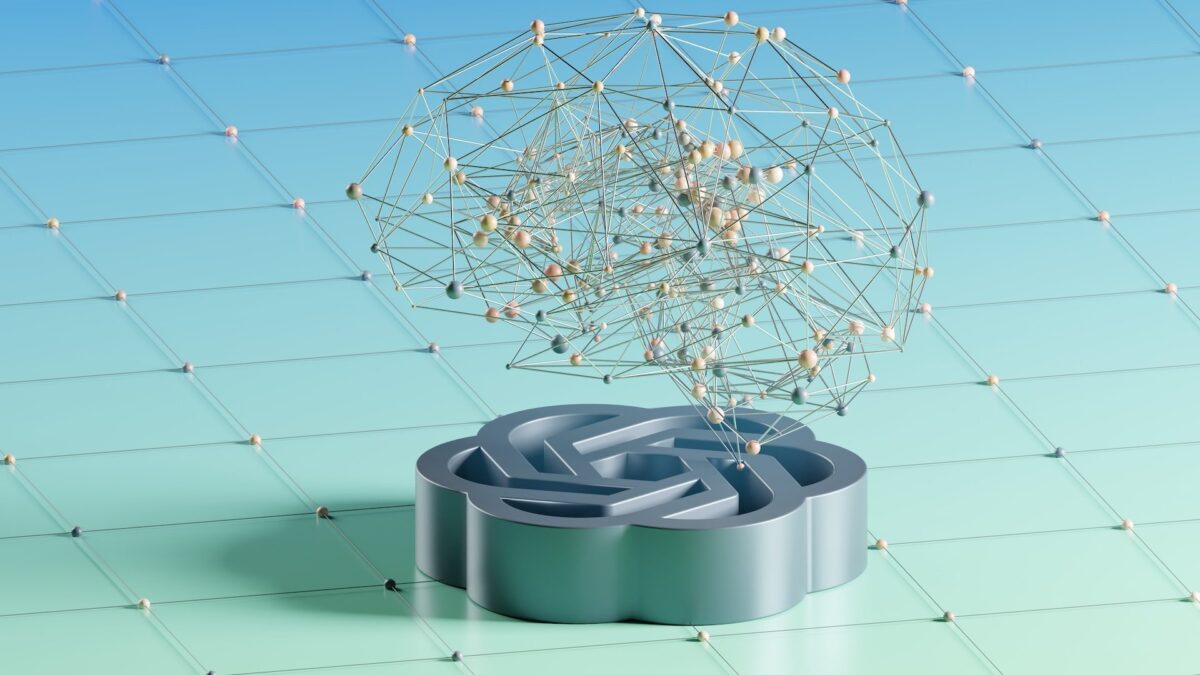OpenAI extends ChatGPT with the previously announced GPT Store for custom GPTs and launches a new Team Plan for smaller teams and companies.
In one fell swoop, OpenAI has introduced two new features for ChatGPT that can benefit both private and professional users.
With the new Team Plan, OpenAI wants to convince more companies to integrate tools like GPT-4, DALL-E 3 and Advanced Data Analysis into their daily work.
The GPT Store is intended to make ChatGPT more useful in specific situations and help you wade through the sea of custom GPTs.
ChatGPT Team aims to make access easier for teams
ChatGPT Team offers companies an administration interface that makes it easier to distribute the software to a larger number of employees than buying a subscription for each employee.
At $25 to $30 per month per person (depending on whether you pay monthly or annually), the price is five to ten dollars more than ChatGPT Plus for individuals ($20 per account).
ChatGPT Team is designed for up to 150 people. For larger companies, OpenAI offers ChatGPT Enterprise with additional features.
According to the announcement, ChatGPT Team offers access to the 32K model of GPT-4, while GPT-4 Turbo implemented in ChatGPT Plus already offers a context window of 128K. The size of the context window describes how much information the model can process simultaneously. The larger the context window, the more information can be processed.
It is not clear from OpenAI's announcement whether only the 32K model will be available in the Team plan or whether it can be used in addition to Turbo with 128K. In the latter case, the question arises as to what advantage the 32K model would have over Turbo. If only the 32K model were available, this would probably be a disadvantage compared to ChatGPT Plus.
Update: According to an OpenAI spokesperson, the information in the announcement is correct: the models in ChatGPT Teams and Plus are 32K versions of the Turbo model. OpenAI refers to GPT-4 in the announcement, but means GPT-4 Turbo. OpenAI only distinguishes between turbo and non-turbo for the API. The 128K Turbo model is available in the Enterprise version for ChatGPT and via the API.
On the plus side, there is a higher, unspecified limit on the number of messages that can be sent in a time frame. ChatGPT Plus currently has a limit of 40 messages in three hours. A unique feature of the Team Plan is a separate area where verified GPTs can be shared internally.
OpenAI also emphasizes that chats from team accounts will not be used for training. ChatGPT Plus users can only opt out of training data if they give up the convenience of a chat history.
ChatGPT Team is a link between ChatGPT Plus and Enterprise, an enterprise solution launched last fall. In December 2023, OpenAI said it couldn't keep up with demand, and many thousands of companies were on a waiting list. The new plan could ease this bottleneck.
GPT Store: Custom ChatGPT Chatbots from third parties
Custom GPT chatbots have been available for business and personal use since November. The GPT Store was announced by OpenAI at the GPT presentation in November, but had to be postponed for a few weeks due to the turbulence surrounding the firing of Sam Altman.
Compared to its predecessor, the plugin offering, the GPT Store features a more sophisticated user interface with categories such as "Writing," "Research & Analysis," "Programming," "Education," "Productivity," and "Lifestyle," as well as a search function.
OpenAI plans to curate outstanding GPTs on the store's home page. According to OpenAI, more than three million GPTs have been created since the feature launched in November. That is a lot to manage.
The top GPT monetization program will also launch in the U.S. this quarter. OpenAI has not yet announced how exactly it will share revenue with chatbot creators.
Whether helpful chatbots making money for their owners will be a thing, we'll have to wait and see. The GPT demos that OpenAI has released so far (e.g. as a washing machine assistant, recipe generator or math tutor) fall into the "kind of neat" category, but don't add much value compared to the traditional ChatGPT that you could ask similar questions.
To publish your GPT in the store, you will need to make your GPT public and verify your builder profile using both automated and human verification procedures.
